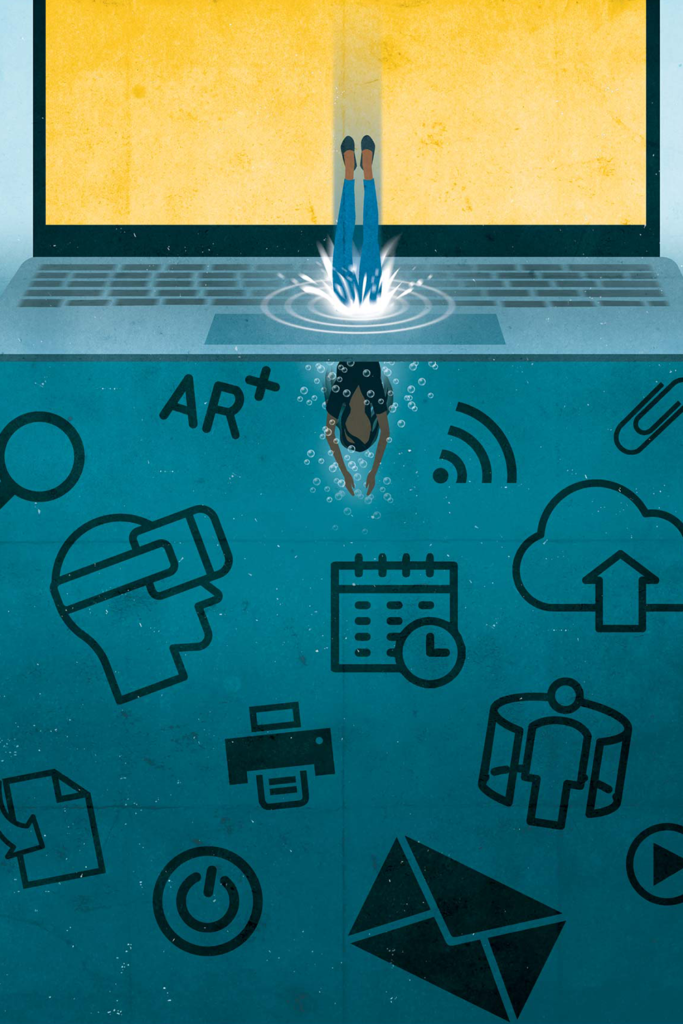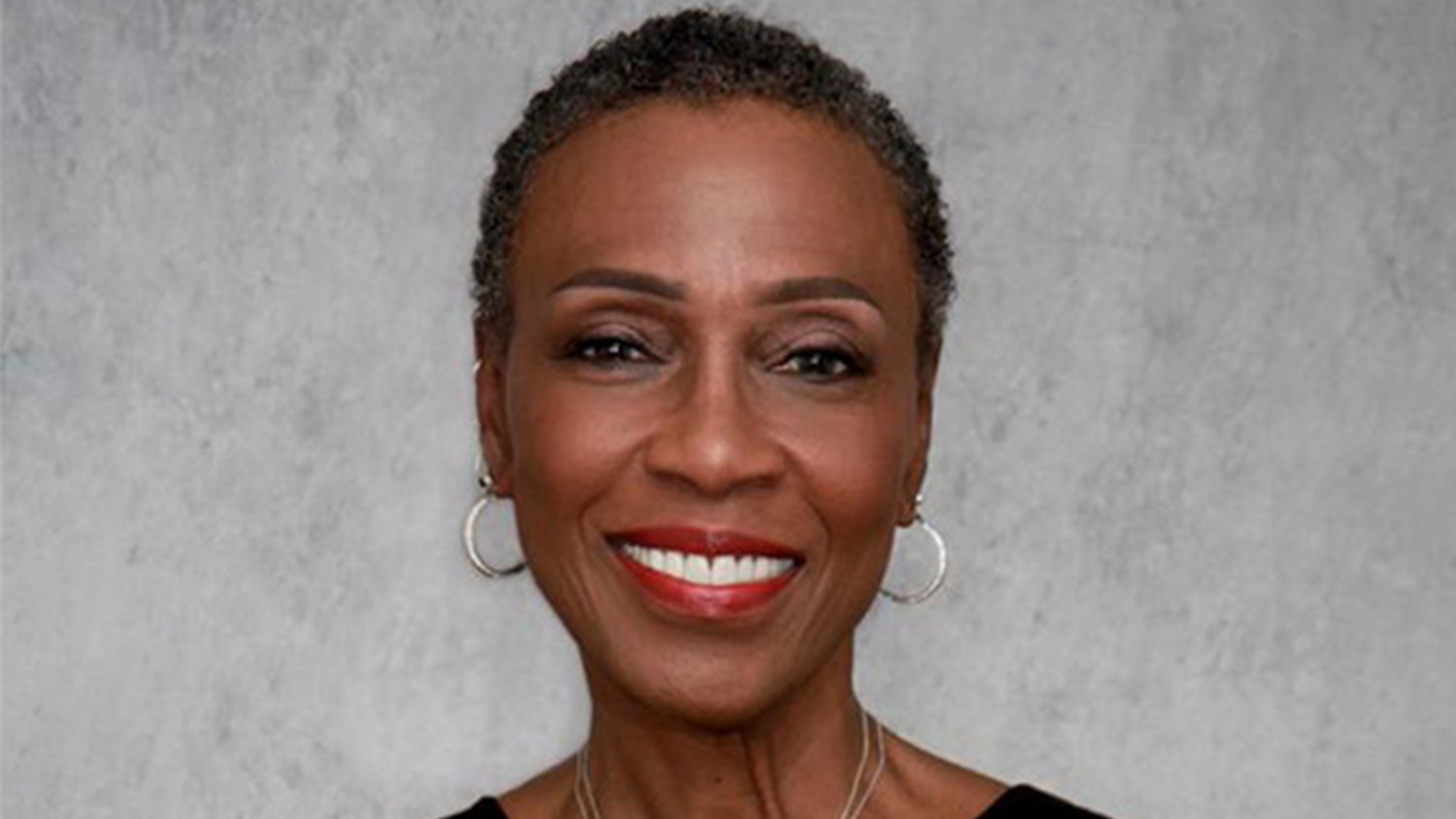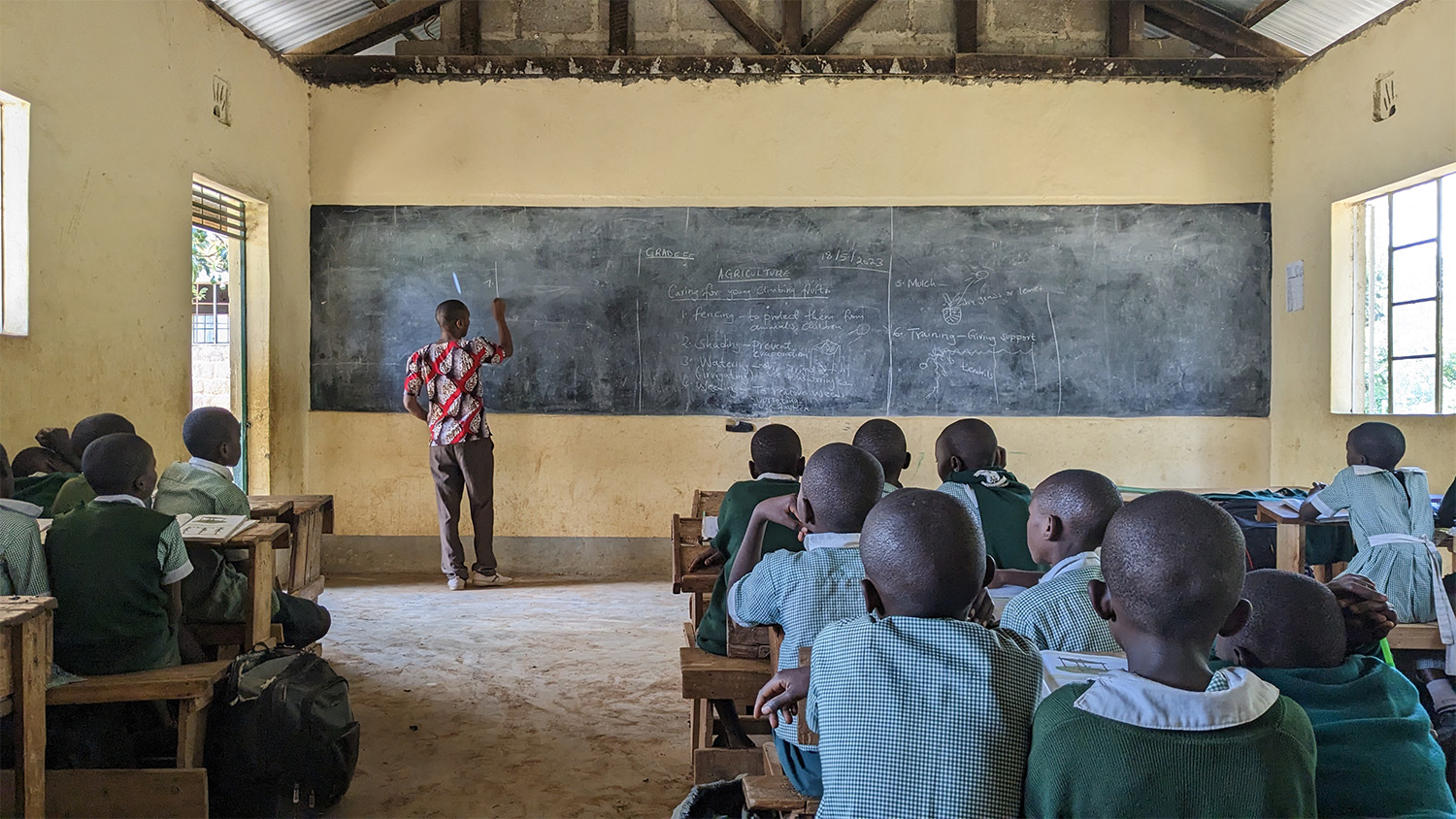
Beyond Zoom
Moving classes online during the pandemic caused some grumbling, but NC State sees this instruction as a creative option for students who need flexibility.
By Sarah Lindenfeld Hall | Illustrated by Sam Ward
Just as it did on college campuses across the country, COVID-19 catapulted NC State’s students and faculty into online learning last spring. Students suddenly found themselves listening to lectures, writing papers and collaborating on group projects from their apartments or childhood bedrooms. Professors scrambled to turn courses virtual, experimenting with Zoom, narrating PowerPoint slides and finding new ways to assess students’ knowledge when it was impossible to proctor an exam.
While the learning curve was steep for plenty of faculty and students, spring 2020 wasn’t the introduction to remote learning for many. Before the pandemic, thousands of NC State’s undergraduate students were taking online classes each semester. Not because they had to, but because online classes fit their schedules or their style of learning. During the fall 2019 semester alone, some 8,260 NC State students in undergraduate degree programs took at least one distance education class. “I usually take an online class every semester,” says Ruben De La Calle, a senior geology major from Greensboro, N.C. “I enjoy doing it.”
But these classes often call for more than just lecture hall lessons dropped into Zoom or YouTube, a practice that prompted grumbling about the quality of instruction from students and parents as the pandemic shut down in-person learning. A growing number of professors are leading orchestrated online productions that showcase not just their expertise in microbiology or business writing, but their creative and nimble use of technology.
These are academic experiences that harness artificial intelligence, virtual reality and other emerging technologies.
These are academic experiences that harness artificial intelligence, virtual reality and other emerging technologies to make it possible to digitally dive into the machinery of a feed mill or complete chemistry labs. And leaders expect the pandemic will only accelerate NC State’s continued use of technology to teach as professors learn better ways to build a class — whether it’s conducted entirely online or held as a so-called hybrid class that alternates in-person and virtual meetups.
“There was a lot of faculty who were reluctantly forced into this but have learned pretty quickly that there are tools out there that they can use, and they are starting to find out they can do it effectively,” says Tom Miller, senior vice provost for academic outreach and entrepreneurship. “There will still be some who will say, ‘I don’t ever want to do this again after the pandemic.’ But I think there is a good number who will. And it’s because they had to deal with it, and by having to deal with it they’ve learned that there are some really cool things you can do.”
The ‘Cool Things’
Those innovations have stretched across subjects and departments. For remote and in-person classes, for example, faculty members in the Prestage Department of Poultry Science developed a virtual tour of a feed mill, using augmented reality that recreates the mill’s machinery and processes and provides an up-close look at parts of the mill.
Teaching professor Maria Gallardo-Williams built a series of virtual reality organic chemistry labs that feature a teaching assistant who leads a remote student through a lab on topics like thin-layer chromatography or infrared spectroscopy. It was already in use when the pandemic hit, and then became popular at universities around the world as professors looked for ways to continue classes online.
Computer science professors redesigned required classes so that students can digest the material through online activities to prepare for discussions and learning in the classroom. They used animation and applied game techniques to increase engagement and help students understand the complex subject matter. After one course was redesigned, the drop, fail and withdrawal rate decreased from by more than 40 percent from 2015–16 to 2017–18.
NC State professors typically aren’t building these classes on their own. They work with DELTA, or the Distance Education and Learning Technology Applications office, a one-stop shop with grants for NC State professors to learn how they can turn their classes into virtual experiences or use technology to help them teach. Through DELTA, faculty members also can seek Quality Matters certification, a nationally recognized program that focuses on building online classes that offer the same quality as a traditional class. In just the last five years alone, David Howard, director of instructional innovation services at DELTA, says his team has worked on more than 100 courses, helping professors do something more than just talk at their class via video.

DELTA launched 20 years ago after North Carolina’s General Assembly provided funding for distance learning for the first time. State leaders wanted to open higher education to remote and non-traditional students who, for a variety of reasons, couldn’t spend four years on a college campus. The additional funding enabled NC State, which already had been offering distance education programs for years, to expand the program to serve even more students. DELTA helps to ensure NC State’s online classes meet its high standards, Miller says.
“That was really the turning point,” he says. “This . . . was a signal from the university system and state legislators that they wanted distance learning to be part of the academic core of the university. We kind of adopted the philosophy early on that our online courses would be the same faculty, the same quality, the same rigor as our face-to-face courses.”
But the beauty of DELTA isn’t just that its staff knows how to use technology, says Melissa Ramirez, a teaching assistant professor in the Department of Biological Sciences. They’re also experts in how to design courses, a skill many faculty members never learned in their own studies. “I was never taught how to teach,” Ramirez says. “I was taught how to be a scientist at the lab bench.”
The results are getting high marks from some students. Susan Francois, a senior from Holly Springs, N.C., who began her studies at NC State in the 1980s and returned as a full-time student in 2020 to finish a degree, signed up for an online Earth System Science class to tick off a science requirement. She was almost instantly absorbed in the content. Lisa Falk, the assistant teaching professor, had clearly laid out what students would learn, how the lessons fit into the goal of the course and what her expectations were, says Francois, who is majoring in technology and society. “It was consistent. It was well built,” she says. “It rose to a lovely crescendo of what it was you were supposed to learn. And when I felt the organization and passion that was behind it, I found myself engaging with it.”
Online learning has become active learning where you’re having to do things and you’re having to engage in the material rather than just sitting in a classroom and listening to a lecture.”
— Christine Cranford, senior lecturer, College of Engineering
Before COVID-19, the flexibility is what drew students to online sections. They can learn new material, take tests and finish projects on their own time, following the course syllabus. “Having that flexibility of forming my work schedule around my school schedule really helped,” says De La Calle, the geology major from Greensboro, N.C., who has worked as a soccer referee while at NC State.
Elizabeth Porter, a junior from Pilot Mountain, N.C., juggles an internship with DELTA and an executive board position on NC State’s American Marketing Association chapter as she works on her double major in communications media and English writing and rhetoric. “I’m an independent worker,” she says. “I enjoy being able to make my own schedule and figure out the best time I can be focused.”
More undergraduate students, including Porter and De La Calle, have been coming in with experience taking online classes in high school — even before the pandemic. But, without the benefit of regular in-person connections with professors, online courses can demand more focus from students. “It requires a lot of self-discipline,” De La Calle says.
More Than A Lecture
Online teaching also requires more work from faculty members — at least up front. Christine Cranford is a senior lecturer who leads online writing classes required for undergraduate engineering majors. Twenty years ago, she says, the focus when creating an online course was recreating the same experience of an in-person class. Now the focus is on designing something that offers students more than a semester of lectures, quizzes and tests.
“Online learning has become active learning where you’re having to do things and you’re having to engage in the material rather than just sitting in a classroom and listening to a lecture,” Cranford says. “We’re asking more from you, giving you more feedback and building things that reinforce the learning.”
That means pulling in technologies that will quiz students as they watch a YouTube video, finding ways to cultivate discussion in online forums and, especially during the pandemic, trading exams for things like final projects or papers. Before COVID-19, students taking online courses took exams at NC State’s testing centers. Now, those centers are operating at reduced capacity, so professors often give students an alternate assessment instead of an exam.
George Hess, professor in the Department of Forestry and Environmental Resources, revisited how he runs his classes when the pandemic hit, and decided in the fall to let students grade their own portfolios — and defend why they deserve that grade. “I don’t know if that’s going to be a long-term switch or whether it’s going to be a one-off to help with the mental health situation with COVID,” Hess says. “It’s just making me really think about how we evaluate things.”
Donna Petherbridge, associate vice provost of academic technology innovation, says the move away from exams to assess a student’s knowledge is simply good teaching. “If you think about good teaching and learning,” Petherbridge says, “more and more the conversation is about authentic assessment and, within the framework of the course, letting students pick different learning paths that they can take to meet the same objectives.”
Just like with in-person classes, cheating is an issue in virtual classes. Last year, NC State made headlines when 200 students were accused of cheating on a spring final in a statistics class through Chegg, an online tutoring website where users can post a question and get an answer. A few students in the class had taken screen shots of individual questions from the exam and posted them on Chegg to get an answer from one of the platform’s tutors. Other students were able to find those answers by searching for them on Chegg. Eventually, all of the answers to the test were on the site. To discourage cheating, NC State has two online tools that professors can use that will block students from visiting other websites and use the cameras on the students’ computers to monitor whether they are turning their heads to look at notes while they take a test.
Deep Digital Footprint
As the COVID-19 pandemic forced NC State to move classes online, some faculty members navigated unfamiliar technologies, simply slapping up lectures on YouTube and narrating PowerPoint slides. But they also came together to support each other. Hess organized a series for colleagues that explored topics such as how to keep students engaged online and the effective use of Zoom breakout rooms. “We all sort of stood up and got it done for the spring,” he says.

They also filled up virtual workshops offered through DELTA, something they weren’t doing before COVID. Since March, DELTA has been offering more workshop sessions to meet demand as professors clamor for tips on how to teach online. “One of our issues in the past was people not knowing we existed,” says Bethany V. Smith, associate director of instructional technology training at DELTA. “We don’t have that problem anymore.”
As soon as in-person instruction returns, there will be plenty of faculty who eagerly shut down Zoom, says Miller, who was the first leader of DELTA. But others, he expects, will continue to use the tools they deployed during the pandemic — and may be more likely to latch on to more as they look to build better learning experiences for students.
A report from an NC State task force on digital learning last year recommended requiring all courses to have an online component. Nobody at the university expects technology to fully replace in-person instruction. The challenge, the report says, is finding the right balance between the use of high-tech tools and face-to-face interactions.
“We were already headed in that direction,” Petherbridge says. “The pandemic accelerated that. But that digital footprint, it’s deep now. It’s not just a shallow thing. And I think what we’re going to see moving forward is more depth across the curriculum.”
Sarah Lindenfeld Hall is a freelance writer in Raleigh.
- Categories:


